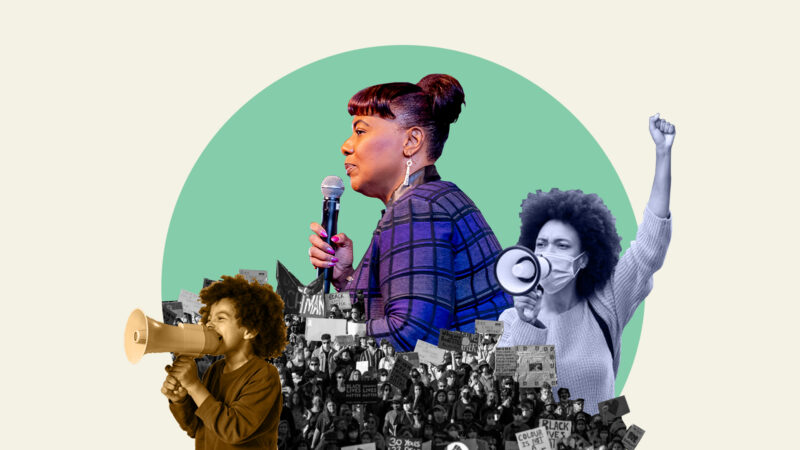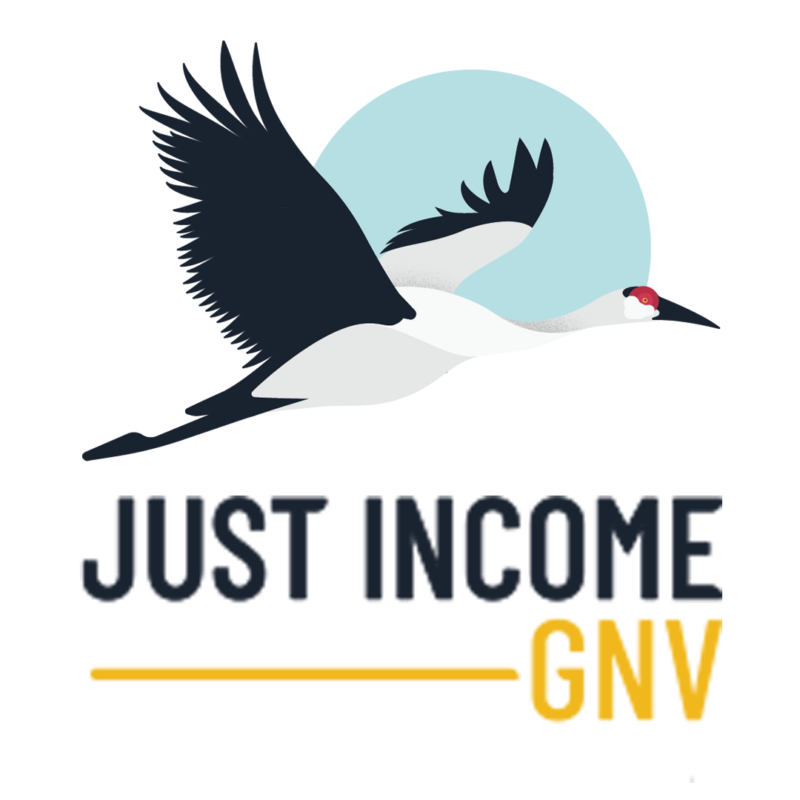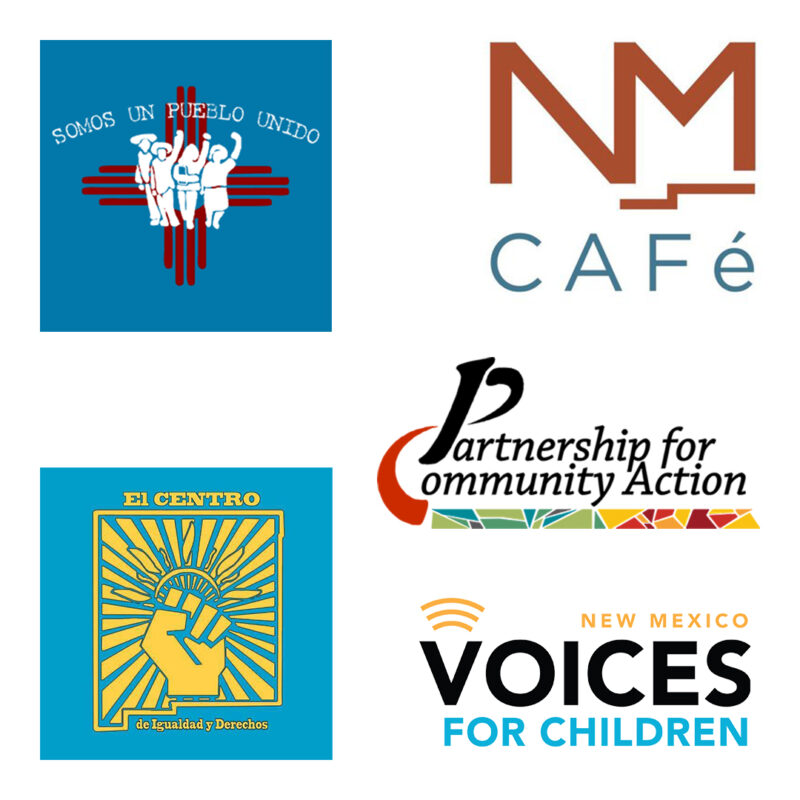
Center for Employment Opportunities
Returning Strong: A Virtual Rally for Reentry Cash Assistance
Update
01. 26. 2023
GICP members challenge stereotypes about deservedness, inequality, & poverty & promote new narratives about justice, dignity, and self-determination

Creative Intervention Launched to Support Guaranteed Income Storytellers
Visit link: Creative Intervention Launched to Support Guaranteed Income StorytellersIt’s been proven over and over: cash works.
It’s more than just a check: it’s a buffer against food insecurity and instability, and a means to access good jobs and better health. It’s the bandwidth to invest in yourself and your family, and the freedom to take risks in pursuit of higher goals. Based purely on its effectiveness, lawmakers should adopt direct cash without delay.
What’s holding them back? In large part, it’s the myths and false narratives that have taken root around who is deserving of cash with no strings attached. While the guaranteed income movement has come far over the last six years, we still have a long way to go to overcome these harmful myths. We still have to popularize a more accurate, more compelling narrative about the effectiveness of guaranteed income, and about the real families who deserve a solid economic foundation on which to build their lives.
Economic Security Project has long supported and collaborated on work that shifts these narratives. We are proud to continue that work with our latest project, the Power of Cash Narrative Grants. These grants provide organizations that are implementing a guaranteed income in their communities with resources specifically for storytelling, and for building the power of communities and recipients to describe their own journeys in a way that resonates with the wider public.
The recipients are organizations telling the story of how a guaranteed income can provide people with the tools to transform their lives across a spectrum of circumstances, from artists in rural Minnesota to people reentering the workforce post-incarceration in Gainesville, Florida. These organizations are using strategies–ranging from existing storyteller networks, to video interviews, to educational games – to try and reach new audiences with a rich and nuanced picture of the real people whose opportunities are expanded by having an income floor, correcting the record on who is deserving in our society. Telling the stories of real people who are able to thrive with cash programs isn’t just about developing empathy for these recipients, or even just about learning the specifics of how the cash allowed them to make their lives better– it is about unwinding, story by story, the very deep-seated myths about who is deserving of our time and investment.
When we started working with the Stockton Economic Empowerment Demonstration and Magnolia Mothers Trust six years ago, we knew that as we started plotting a path forward from privately funded pilots, to publicly funded guaranteed income policy, we would need to supplant some dangerous narratives about cash programs and economic instability. As we talked to people in these communities, it was clear to us that there are several very specific narratives that stand in the way of abolishing economic instability in America. These narratives say that some people are worthy of our time and investment and others are not–these are the narratives we will need to defeat if we are going to establish an income floor through a guaranteed income.
To topple these longstanding myths, organizations must use a variety of tools: art; community dialogue; media training and support; and empowering people to tell their own stories. In Stockton, that looked like investing in community murals to stake a claim in the public imagination around what a guaranteed income really means. It has taken the form of a podcast with radical thinker and ESP fellow Mia Birdsong, traveling across the country to talk to GI participants. Most recently, in Chicago, it has meant launching an artist-in-residence program with Economic Security for Illinois, embedding five artists in local pilots to lend their creativity to telling the real story of these programs, and shifting the narrative around guaranteed income.
It has also meant hundreds of hours of behind-the-scenes media training and communications support for organizations and champions who want to have their stories heard. To aid in this support, in addition to providing grants, we are also publishing a Guaranteed Income Storyteller’s Guide, a toolkit that gives step-by-step recommendations for developing impactful stories, and provides a storytellers’ bill of rights to instill more equity into the storytelling process by providing guidance for both storytellers and people who are having their stories told. The Storyteller’s Guide supplements the broad communications support that we also provide for the Guaranteed Income Community of Practice.
The Power of Cash Narrative Grants are our latest initiative to support organizations who are changing the narrative around guaranteed income. We are thrilled to be providing grants to these organizations for the following innovative narrative change projects:

Returning Strong: A Virtual Rally for Reentry Cash Assistance

Reentry: The Game of Coming Back to Life

Video Vignettes: NM GBI Pilot Project

The $50 Study

Artists Respond: People, Place, Prosperity
With more people than ever having experienced what a difference unconditional cash can make, we are poised to shift how this country thinks about direct cash support. 38,000 people have received guaranteed income through one of the now 116 pilots across the country, and 60 million parents received the expanded Child Tax Credit in 2022. It’s high time these recipients were able to tell their own stories.. As our friends at Insight and Mayors for a Guaranteed Income have said in their must-read report on the topic, “narrative cannot be separated out from guaranteed income work”, so we must focus on and invest in the narrative change piece, just as well as we would any other aspect of a pilot program.
At its best, this kind of work can shift the conversation from the mean to the margins, centering the stories of those directly benefiting from cash interventions, and shifting the dominant cultural conversation from one that diminishes those recipients, to one that understands and empowers them. In this way, narrative work builds power, and creates the conditions for transformational ideas to take root. While the arc of our project is long, working together, we can seed a new story, one in which all people who need it can benefit from a guaranteed income, and the economic justice, dignity, and self-determination it provides.